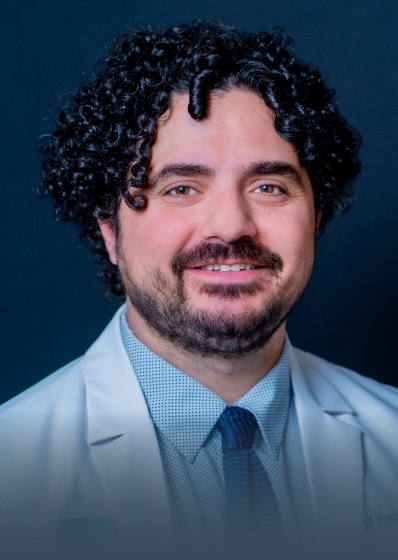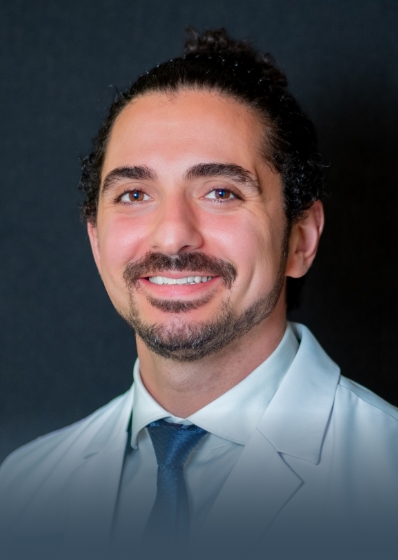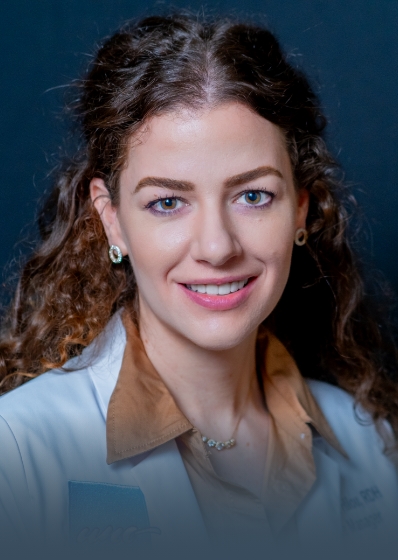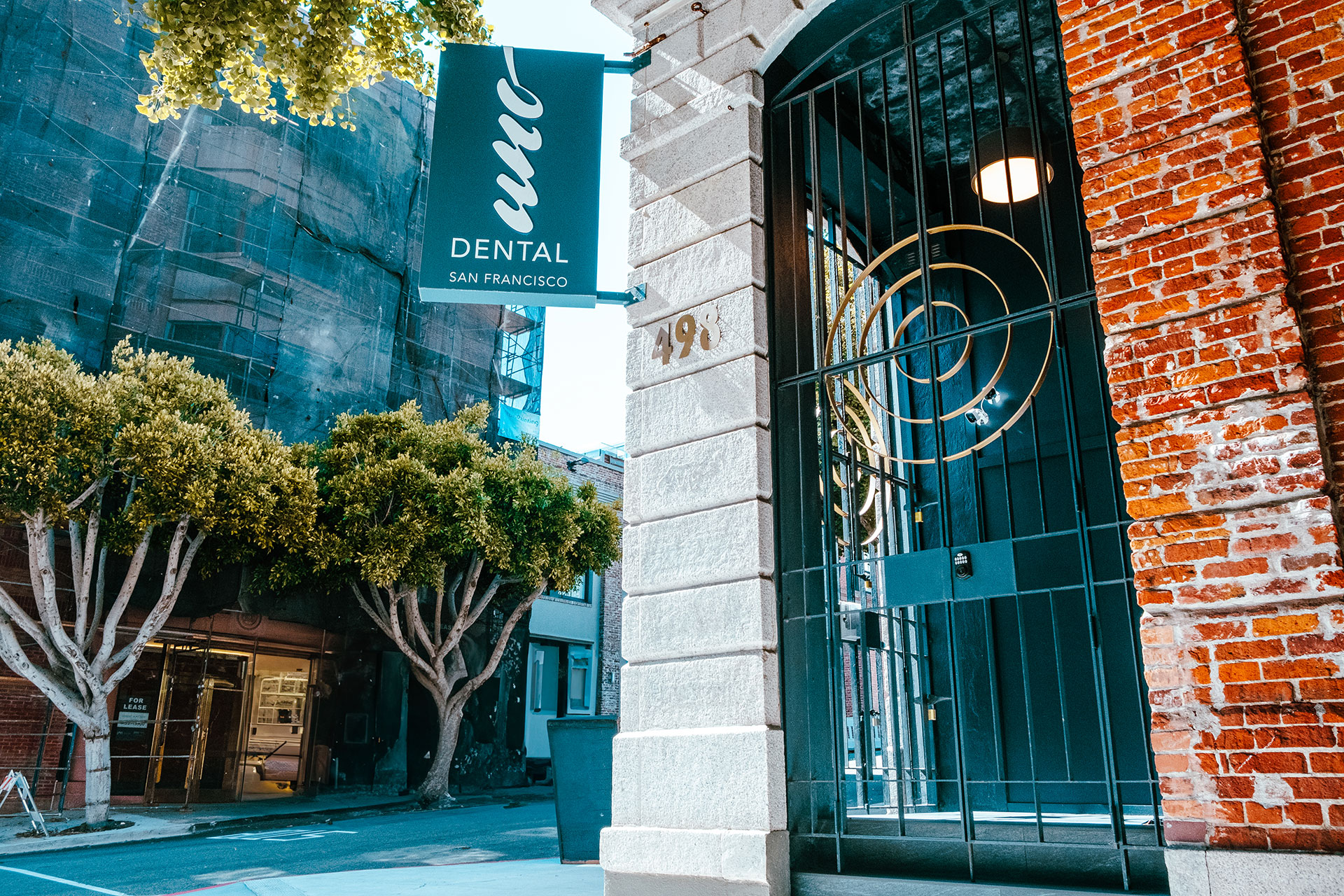
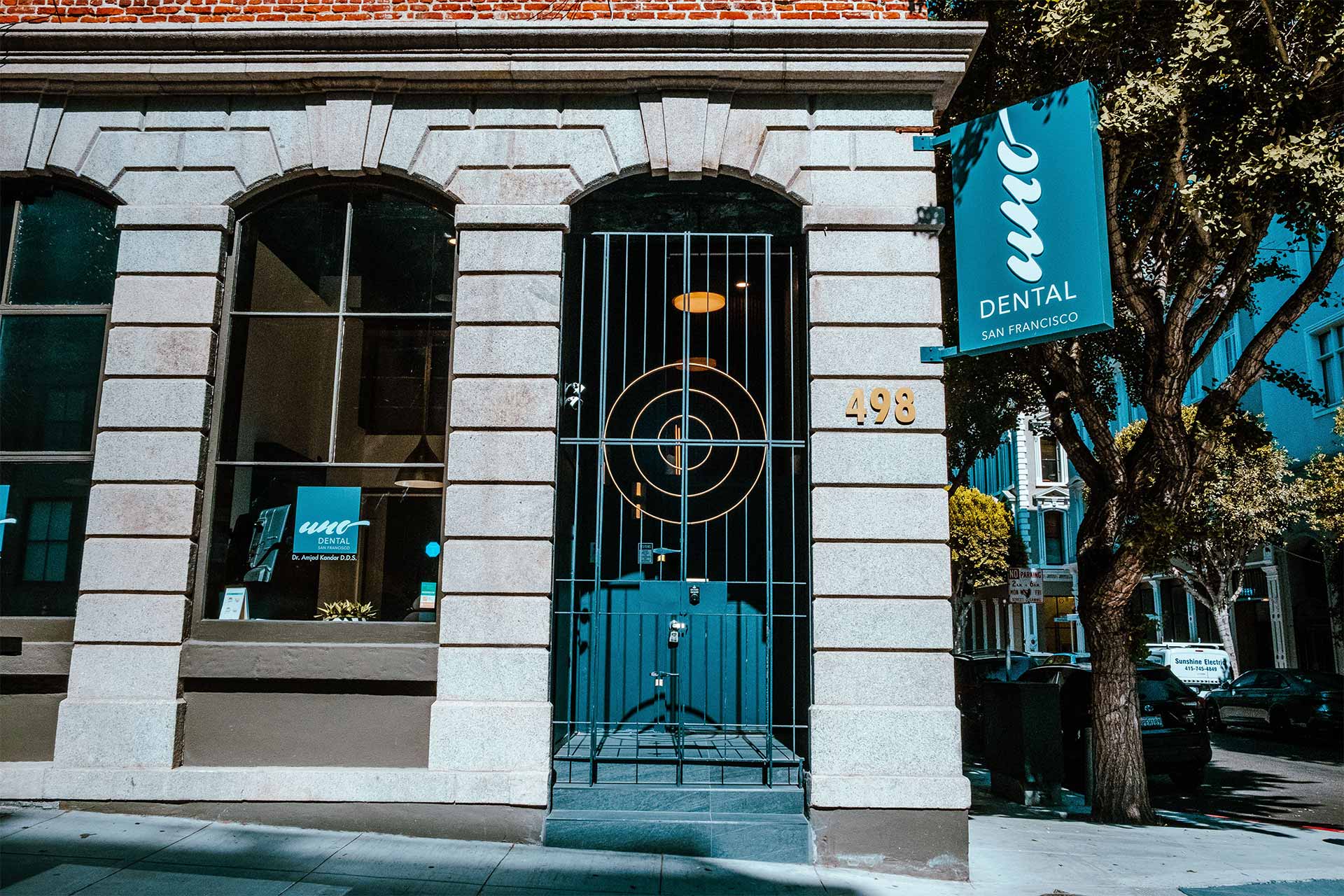
“Inviting, High-tech Space”
"UNO DENTAL rocks. They are highly skilled as one dentist was already licensed overseas before coming to the states. They care about patients, are highly trained, and the office was recently remodeled to reflect a warm, inviting and high-tech space. UNO is my dentist."
Charles E.

“I Trust Them”
"The staff at UNO DENTAL are very friendly and knowledgeable. It is a warm and welcoming environment and I trust them with the care of my dental needs. Highly recommended."
Michelle K.

“No Longer Scared of Needles”
"I've been going to UNO DENTAL for about 15 years now. UNO DENTAL’s team is super professional, and the cleanings are first-rate. Over all these years, I only had great experiences with all my "major" events. As a result, I'm not even scared of needles any more."
Renee G.

Limited-Time Dental Promotions
At UNO DENTAL, we are committed to helping each patient receive the treatment they deserve.
Offers Expire: April 30th, 2024All Your Dental Needs Under One Roof
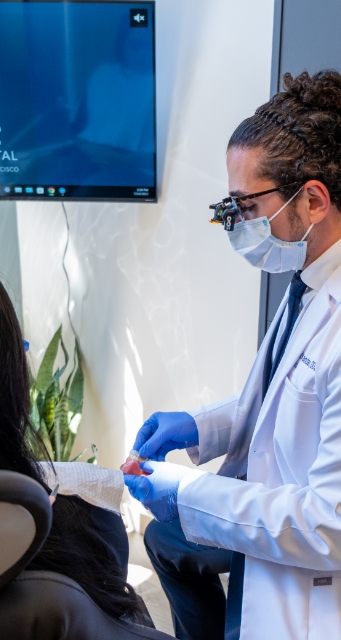
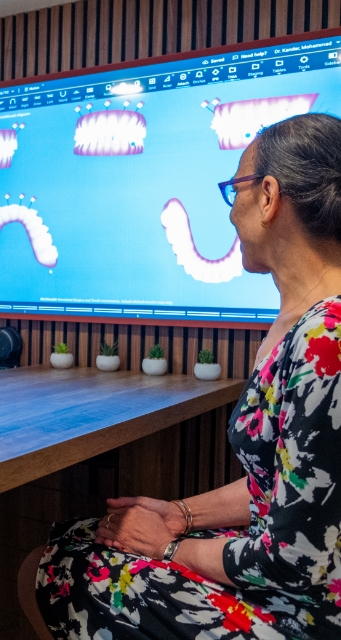
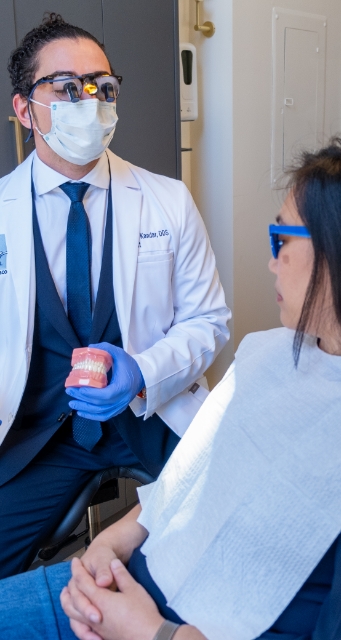
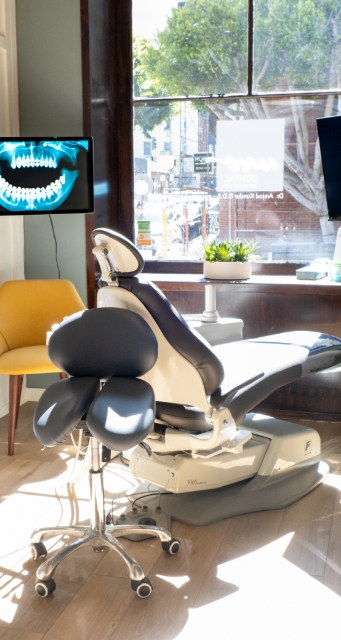
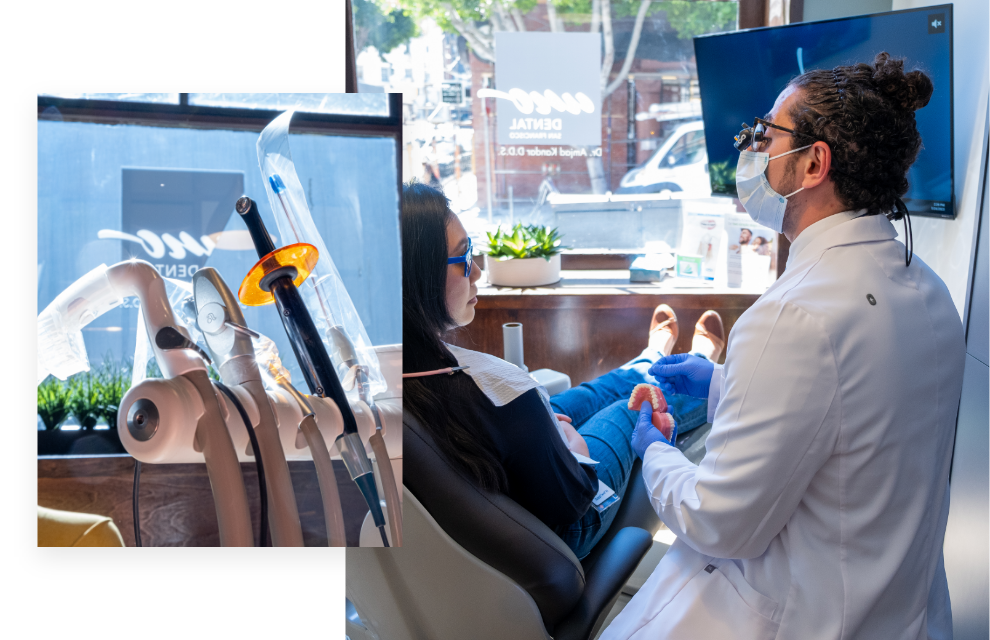
New San Francisco Dental Office
Our San Francisco flagship dental office offers all the premier, private dental care you need under one roof. UNO DENTAL offers individualized, holistic care for patients of all ages in the Bay Area and beyond.
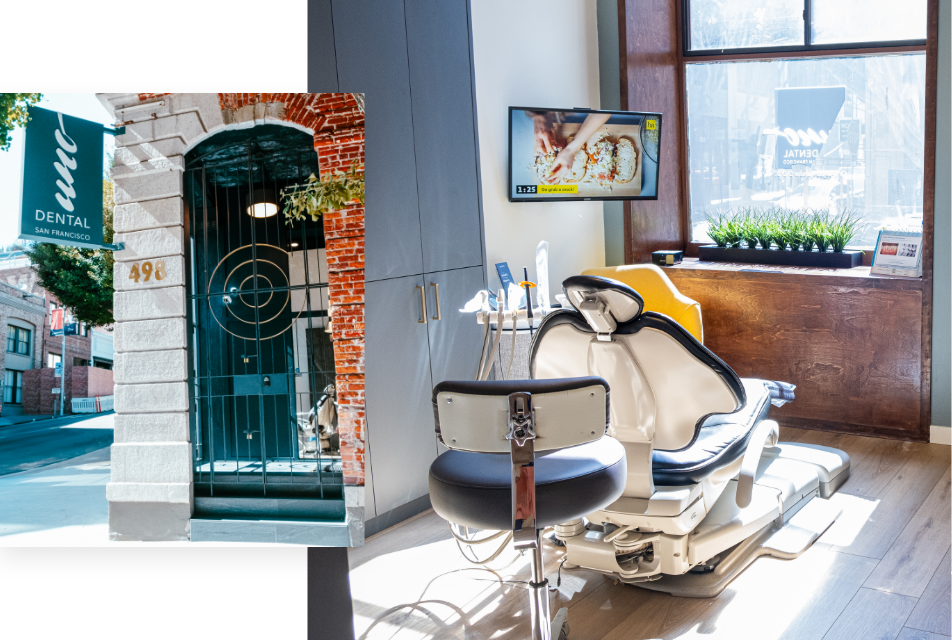
Customized, Patient-Centered Care
We’re proud to offer quality, customized care to the San Francisco area with the help of our experienced and cohesive team. Our goal is to provide pampered experience and a relaxed, professional approach to your dental health with industry-leading technologies, comprehensive treatments, and a knowledgeable dental team.
Meet the UNO DENTAL Team
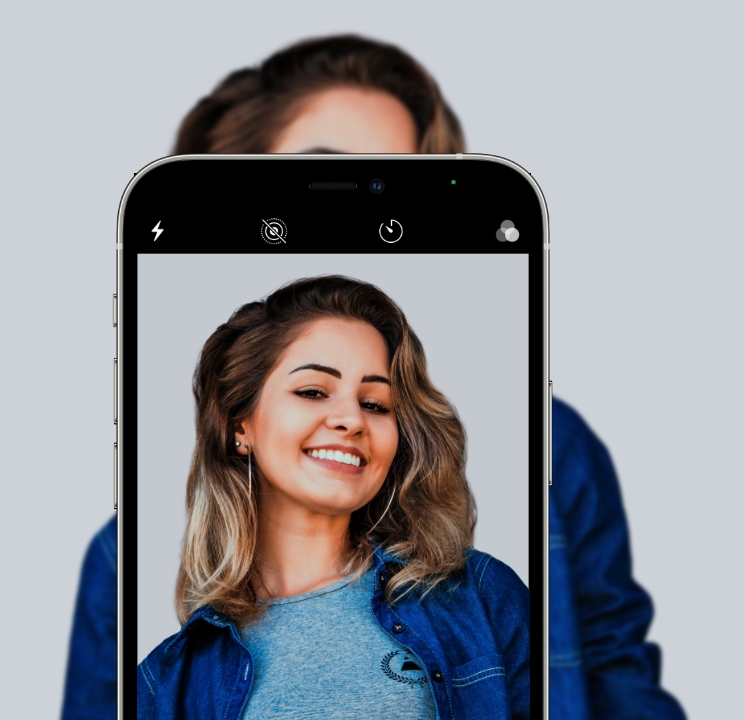
Free Virtual Smile Consultations
Get the answers you need from the comfort of your own home! UNO DENTAL offers FREE virtual dentist consultations. Simply follow the instructions below to schedule a convenient time to speak with one of our dentists. Get Started
Visit Us Today
498 Jackson Street, San Fransisco CA, 94111- Monday:
- 9:00am - 5:00pm
- Tuesday:
- 9:00am - 5:00pm
- Wednesday:
- 9:00am - 5:00pm
- Thursday:
- 9:00am - 5:00pm
- Friday:
- 9:00am - 5:00pm














